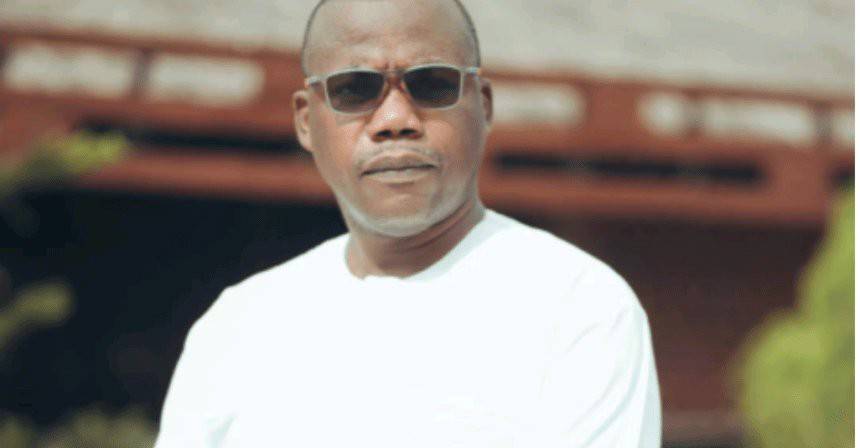Abraham Ahiabu, who serves as the Constituency Secretary for the National Democratic Congress (NDC) in Akatsi North, Volta Region, is speaking out against claims made by the Ghana Immigration Service (GIS) that he was arrested and investigated in connection with the possession of dummy ballot papers. The GIS had previously reported that Ahiabu was caught trying to smuggle dummy ballots, but he has strongly denied these accusations, providing his own version of events.
According to Ahiabu, although he was questioned by the police, he has not been arrested or placed under any investigation for any criminal activity. He clarified his position in an interview with Accra-based Joy FM, where he expressed frustration with the way the Immigration Service had presented the situation. He believes the statement from the GIS was part of a calculated effort to justify the border closures in the Volta Region, which have been happening ahead of the national elections scheduled for December 7.
To understand the story better, we need to look at what the Ghana Immigration Service had originally reported. In their press release, the GIS claimed that on a routine monitoring exercise at an unapproved border route near Hevi, Akatsi North, immigration officers intercepted three booklets of ballot papers. Each booklet supposedly contained 1,000 ballots, totaling 3,000 ballots in all. The GIS further stated that Ahiabu was questioned and revealed that he had been transporting these ballot papers to Vodome, a border town in neighboring Togo. His explanation was that the ballot papers were not meant for illegal voting but were to be used for voter education purposes. He claimed that the papers would help teach voters how to properly cast their votes in the upcoming election.
Ahiabu, however, has strongly rejected the idea that he had any intentions to cause harm or commit a crime. He insists that the ballot papers he was carrying were dummy ballots, which are often used in election education to show voters how to properly mark their ballots without influencing the actual voting process. According to him, the story about him smuggling fake ballots is completely fabricated. He believes that the GIS has unfairly painted him in a negative light in order to create a justification for the recent closure of borders in the Volta Region, which has been a controversial move ahead of the elections.
The situation has sparked a lot of debate, especially in the Volta Region, where many locals feel that the actions of the authorities, including the GIS and the police, are politically motivated. The closure of borders is seen by some as an effort to restrict movement and prevent certain groups from participating in the election process. The Volta Region has long been a stronghold of the NDC, and there is concern among local communities that these border actions could unfairly target voters who are sympathetic to the opposition party.
After the GIS statement, Ahiabu was reportedly handed over to the Ghana Police Service for further investigation. The three intercepted booklets of dummy ballots were also given to the Electoral Commission in Akatsi North for verification. It remains unclear whether the ballots were genuine dummy papers or if they could be part of a larger issue, but the Electoral Commission has been tasked with verifying their authenticity.
As the investigation continues, the public is left with many questions. Was this an attempt to frame a political opponent, or was there some truth to the claims made by the Ghana Immigration Service? Ahiabu insists that there is nothing illegal about the ballots he was transporting, and he points to the fact that dummy ballots are commonly used for voter education in many parts of the country. The incident, however, has raised concerns about the use of border control and law enforcement to influence the outcome of the election.
In conclusion, the story of Abraham Ahiabu and the intercepted dummy ballot papers has sparked a lot of controversy. While the Ghana Immigration Service claims that he was caught with illegal ballot papers, Ahiabu maintains that he was simply educating voters. The investigation is ongoing, and it remains to be seen how this situation will unfold in the coming weeks. What is clear, however, is that the political climate in the Volta Region is tense, and many are closely watching how the authorities handle this matter ahead of the December 7 elections.
Whether the claims against Ahiabu will stand or whether the truth will come to light, this incident has added to the already charged atmosphere as Ghanaians prepare to vote. As the election day approaches, many are asking: is this just a misunderstanding, or is there more to the story than meets the eye? Only time will tell.




No comments yet
Be the first to share your thoughts!